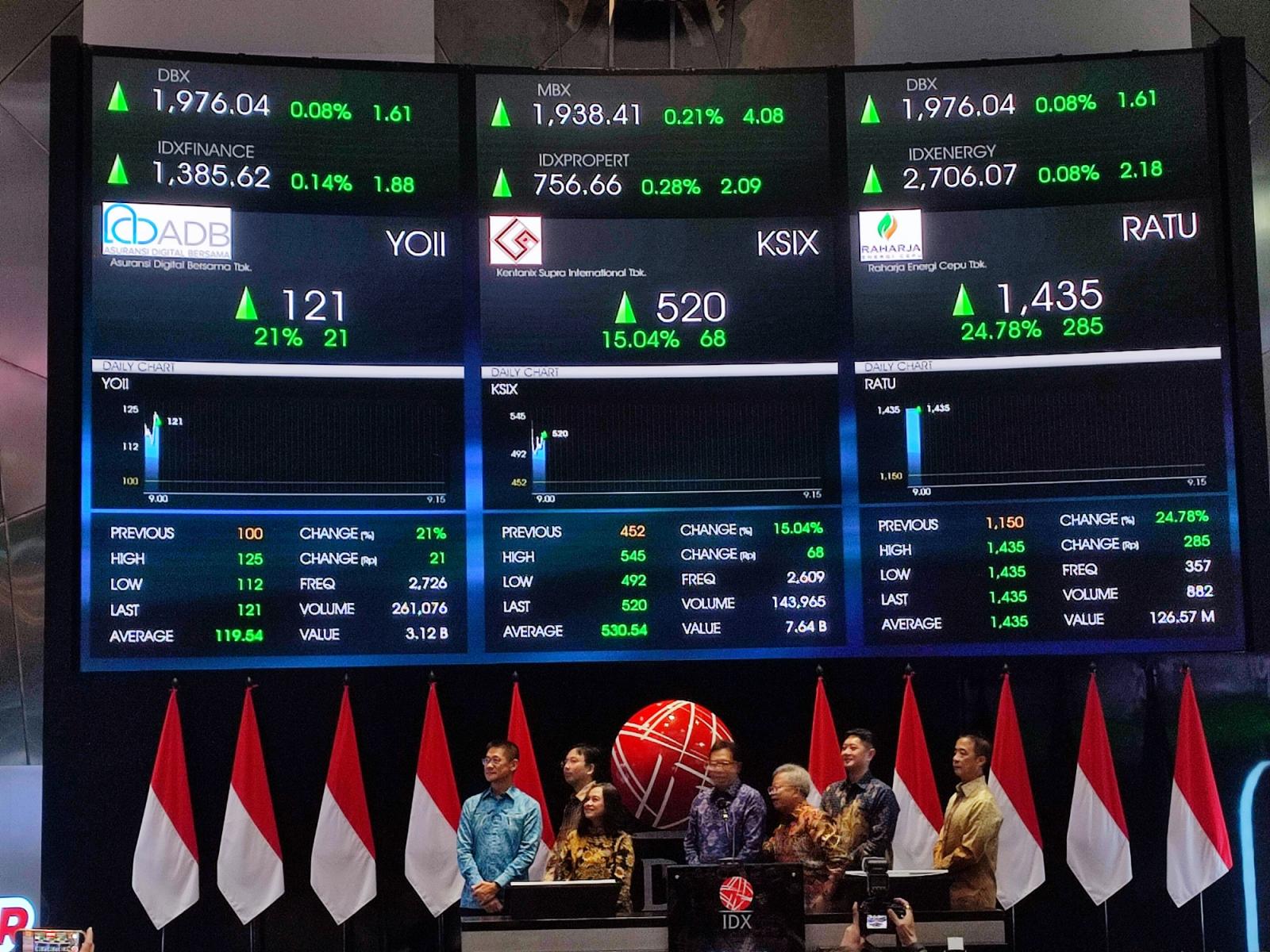Bitcoin adoption is on the rise in the US, driven by state proposals for Bitcoin reserves and the incoming Trump administration.El Salvador’s pioneering move to establish a Bitcoin reserve in 2021 has inspired other nations, including Hong Kong, Brazil, and Poland, to explore similar strategies.
In recent months, Bitcoin adoption has gained significant momentum across the United States, with 13 states actively advocating for the establishment of strategic reserves of the leading cryptocurrency. Traditionally met with skepticism from government officials and financial institutions, Bitcoin’s perception is transforming. As inflation rates rise and economic uncertainties persist, many states are reevaluating their approach to digital currencies.
Under Trump’s administration, discussions surrounding Bitcoin have evolved. Once skeptical, President Trump has outlined plans for a U.S. Bitcoin reserve aimed at enhancing economic stability. This proposal is currently under debate in Congress, with supporters like Senator Cynthia Lummis championing the idea.
BREAKING: I can confirm that at least 13 states are working on ‘Strategic Bitcoin Reserve’ legislation.
January is going to be a record breaking month for Bitcoin policy.
— Dennis Porter (@Dennis_Porter_) January 3, 2025
They argue that Bitcoin’s finite supply, limited to 21 million coins, could make it a compelling addition to the nation’s reserves. Notably, the proposal seeks to settle the $36 trillion national debt while modernizing the U.S. financial system and promoting economic independence.
Integrating Bitcoin as a strategic reserve asset can offer numerous advantages. Its capped supply makes it an appealing choice for states looking to protect their finances from inflation and currency devaluation. Nevertheless, the regulatory landscape surrounding Bitcoin remains a critical concern.
States Leading the Charge
On December 12, Representative Giovanni Capriglione introduced a bill aimed at creating a Strategic Bitcoin Reserve, potentially positioning Texas as a leader in cryptocurrency innovation and mining. This legislative effort was announced during an event hosted by Dennis Porter, founder of the advocacy group Satoshi Action Fund (SAF), per the CNF report.
Ohio is moving forward with plans to incorporate Bitcoin into its financial system. Representative Derek Merrin has drafted House Bill 703, known as the Ohio Bitcoin Reserve Act, which seeks to establish a state-managed Bitcoin fund to mitigate inflation and diversify the state’s financial portfolio.
In November, the Pennsylvania House of Representatives proposed a similar bill authorizing the state’s Treasurer to allocate up to 10% of various state funds, such as the State General Fund and the Rainy Day Fund, to purchase Bitcoin.
Beyond the United States, other nations are exploring Bitcoin as a strategic asset. El Salvador, the first country to adopt Bitcoin as legal tender, is still expanding its cryptocurrency reserves, showcasing the potential benefits of such a move.
In Europe, key figures such as former German Finance Minister Christian Lindner have suggested that the European Central Bank consider Bitcoin to reduce reliance on the U.S. dollar and turn attention to digital assets like Bitcoin. Additionally, in Hong Kong, legislator Wu Jiezhuang is advocating for the integration of Bitcoin into the city’s financial reserves to enhance economic resilience.
However, not all countries are on board. For example, while Russia has begun using Bitcoin for international transactions, there are hesitations to adopt it as a formal reserve asset. Similarly, Japan has expressed concerns about liquidity and the volatile nature of Bitcoin’s market behavior. As of now, Bitcoin is trading at approximately $96,690 reflecting a 0.19% increase over the past day and a 0.76% rise over the past week.
Buy Bitcoin GuideBitcoin Wallet TutorialCheck 24-hour Bitcoin PriceMore Bitcoin NewsWhat is Bitcoin?





